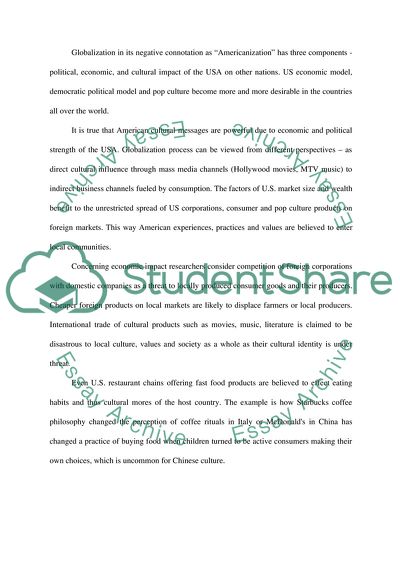Cite this document
(Globalization and Cultural Changes Coursework Example | Topics and Well Written Essays - 1500 words, n.d.)
Globalization and Cultural Changes Coursework Example | Topics and Well Written Essays - 1500 words. https://studentshare.org/social-science/1723544-globalization-argumentative-essay
Globalization and Cultural Changes Coursework Example | Topics and Well Written Essays - 1500 words. https://studentshare.org/social-science/1723544-globalization-argumentative-essay
(Globalization and Cultural Changes Coursework Example | Topics and Well Written Essays - 1500 Words)
Globalization and Cultural Changes Coursework Example | Topics and Well Written Essays - 1500 Words. https://studentshare.org/social-science/1723544-globalization-argumentative-essay.
Globalization and Cultural Changes Coursework Example | Topics and Well Written Essays - 1500 Words. https://studentshare.org/social-science/1723544-globalization-argumentative-essay.
“Globalization and Cultural Changes Coursework Example | Topics and Well Written Essays - 1500 Words”. https://studentshare.org/social-science/1723544-globalization-argumentative-essay.


